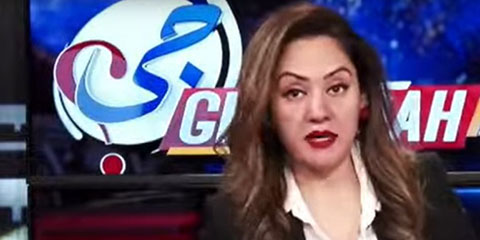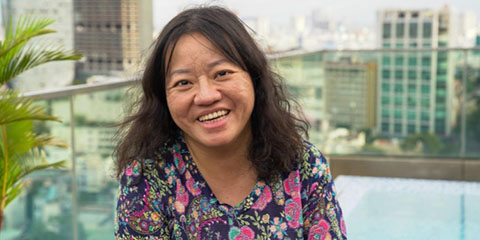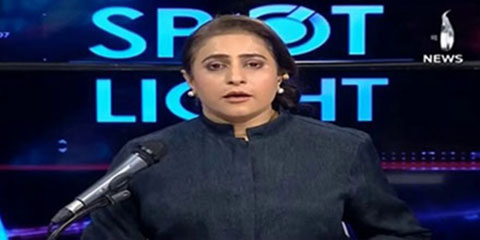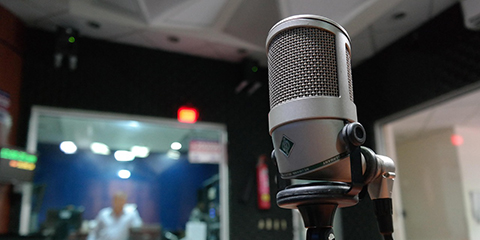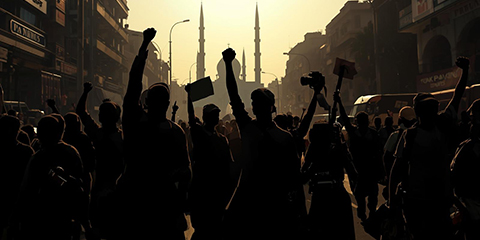Indian author Arundhati Roy faces prosecution over 2010 Kashmir remarks
JournalismPakistan.com | Published last year
Join our WhatsApp channel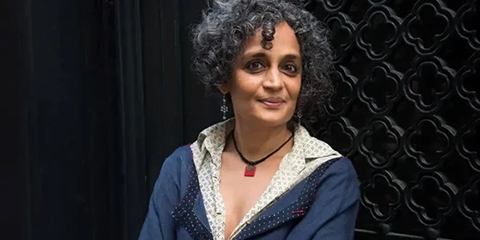
NEW DELHI— Indian author and activist Arundhati Roy is facing prosecution over her controversial remarks made in 2010 about the disputed region of Kashmir. The decision to prosecute Roy has reignited debates over freedom of speech and the political sensitivity surrounding Kashmir in India.
In 2010, during a seminar in New Delhi, Roy commented on the Kashmir issue, stating that "Kashmir was never an integral part of India." Her remarks were met with widespread criticism and sparked protests across the country. Roy, a Booker Prize-winning author known for her outspoken views, defended her statements by emphasizing the need to acknowledge the historical and political realities of the Kashmir conflict.
Roy is to be prosecuted alongside a former university professor, Sheikh Showkat Hussain, a former professor at the Central University of Kashmir, who also made a provocative speech, according to The Guardian.
After nearly 14 years, the Indian government has decided to move forward with legal action against Roy. According to sources, the case has been reopened following a review of her statements and their impact on national security and public order. The prosecution is based on allegations of sedition and promoting enmity between different groups.
Roy has responded to the prosecution with a statement expressing her dismay. "This is an attempt to stifle dissent and criminalize free speech," she said. "My remarks were made in the context of a seminar discussing the complex history and ongoing conflict in Kashmir. It is unfortunate that the government sees this as a criminal act."
The legal action against Roy has drawn criticism from various quarters, including human rights organizations and free speech advocates. Amnesty International has condemned the move, stating that prosecuting Roy is "an attack on freedom of expression and a worrying sign of increasing intolerance towards dissenting voices in India."
The Kashmir conflict, which dates back to the partition of India and Pakistan in 1947, remains one of the most contentious and volatile issues in South Asia. The region has been the site of numerous conflicts, human rights violations, and political unrest. Roy's comments were aimed at highlighting these issues and advocating for a more nuanced understanding of the situation.
Legal experts have pointed out that the prosecution could set a dangerous precedent for free speech in India. "This case underscores the fragile nature of free expression in the country," said Nandita Rao, a prominent lawyer and human rights activist. "It is crucial that we protect the right to speak out on important issues, even if those views are controversial."
Photo: Facebook




